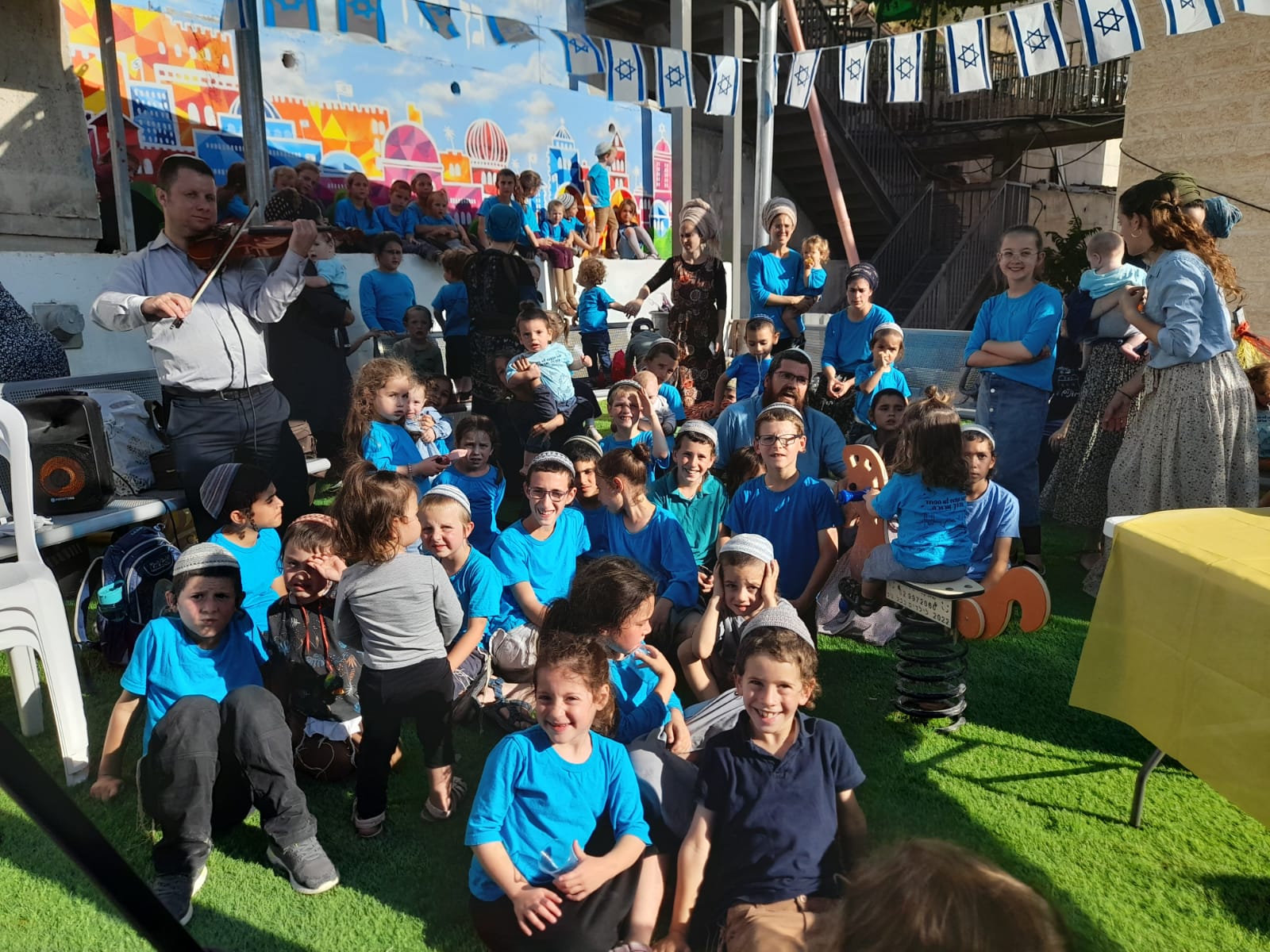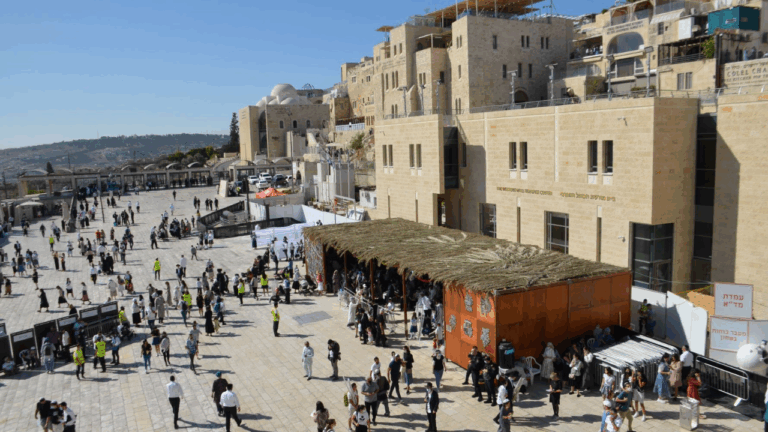For the Love of Zion
The end of our parsha focuses on the request of the tribes of Reuven and Gad to stay on the eastern side of the Jordan River and not in the Land of Israel proper. Even though they and Moshe reach an agreement that is amenable to both parties, nonetheless, the Rabbis are critical of their very request. The midrash accuses these tribes of loving their herds and wealth more than their children and the Land of Israel. For this reason, the midrash explains, they were punished by being the first tribes to be exiled.
This episode teaches us of the importance of feeling connected to the Land of Israel. Had these tribes tapped into the innate emotional connection that the Jewish people have with the Land of Israel they would not have inverted the correct hierarchy of priorities.
The Talmud is replete with stories about the love that various sages had for the Land of Israel. One story seems to be the parallel opposite of the tribes of Reuven and Gad in our parsha. Rabbi Zeira was traveling to the Land of Israel and stood on the eastern side of the Jordan, similar to the Jewish people at the beginning of the parsha. However, instead of being satisfied with his proximity to the Land, Rabbi Zeira was so enthusiastic to cross the Jordan River that he did not even wait for a ferry. Rather, he walked across a tight rope to hasten his arrival in the Land of Israel proper.
If this is the love we are supposed to have for the Land of Israel then all much more so should be our love for Yerushalayim. In our selichot we pray that God remember His love of Zion and Yerushalayim. Just as God loves Yerushalayim, so too must we. This love of Zion was a natural part of Jewish life throughout the ages.
In fact, love of Zion is even given halachik weight. In a ruling cited by the Sha’arei Teshuva, Rabbi Moshe Zakuta writes that if a person is faced with a choce of whether or not to say tikkun chatzot or selichot that he should say tikkun chatzot since the merit of expressing love of Zion is greater than even the recitation of selichot. So great is the importance of expressing love for Zion.
During these three weeks is it important to remind ourselves of this love and to actively cultivate it. We should spend time learning about Yerushalayim of old and understanding what we are missing. We should spend time, if we are able to, visiting the city and its sites to viscerally experience its uniqueness. By engaging in these activities we will be able to bring out our latent love of Zion and thereby fix the sin of the tribes of Reuven and Gad in our parsha.



